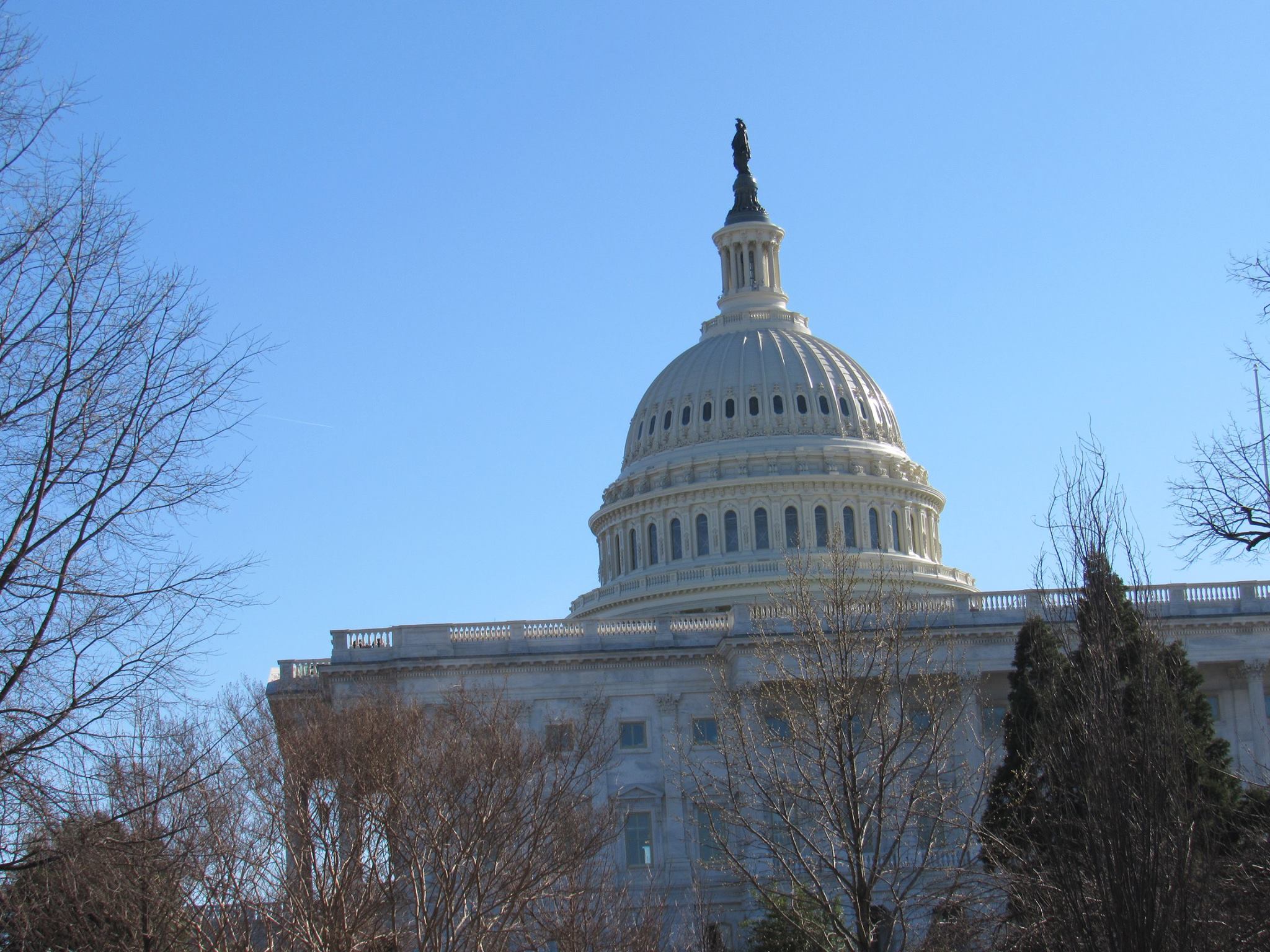WASHINGTON — The U.S. Senate Committee on Indian Affairs will host an oversight hearing, “Examining the COVID-19 Response in Native Communities: Native Tourism Economies One Year Later,” on Wednesday, May 12 at 2:30 p.m. – EDT.

The Committee wants to learn about infrastructure needs in Native communities and how resources in the American Rescue Plan Act and the NATIVE Act help support Native tourism economies as they recover from the impacts of Covid-19.
During the hearing, testimony from representatives from the Department of Commerce’s Economic Development Administration, the Department of the Interior, Bureau of Indian Affairs’ Office of Indian Economic Development, and leaders in the Native American tourism industry.
Sherry L. Rupert, the CEO of the American Indian Alaska Native Tourism Association (AIANTA) will testify on the vital economic importance of the tourism industry to Native American communities.
“A robust tourism industry is a powerful economic driver in Indian Country,” Rupert stated in preparation of her testimony. “The dramatic decline in tourism due to the Covid-19 pandemic has had a devastating impact throughout all tribal communities, so we are encouraged that the Senate Committee on Indian Affairs has invited us to testify on this economic crisis.”
WHAT: Schatz to lead Senate Committee on Indian Affairs Oversight Hearing.
WITNESSES:
- Mr. Dennis Alvord, Acting Assistant Secretary for Economic Development, Economic Development Administration, U.S. Department of Commerce, Washington, DC
- Mr. Anthony Rodman, Acting Director, Office of Indian Economic Development, U.S. Department of the Interior, Washington, DC
- Mr. John De Fries, President and CEO, Hawai’i Tourism Authority, Honolulu, HI
- Ms. Sherry Rupert, CEO, American Indian Alaska Native Tourism Association, Albuquerque, NM
- Mr. Russell Dick, President and CEO, Huna Totem Corporation, Juneau, AK
WHEN: Wednesday, May 12, 2021 at 2:30 p.m. ET / 8:30 a.m. HT
HOW TO JOIN: Access the live stream here.
More Stories Like This
Native News Weekly (August 25, 2024): D.C. BriefsUS Presidents in Their Own Words Concerning American Indians
Native News Weekly (December 14, 2025): D.C. Briefs
Wounded Knee Massacre Site Protection Bill Passes Congress
Two Murdered on Colville Indian Reservation
Help us defend tribal sovereignty.
At Native News Online, our mission is rooted in telling the stories that strengthen sovereignty and uplift Indigenous voices — not just at year’s end, but every single day.
Because of your generosity last year, we were able to keep our reporters on the ground in tribal communities, at national gatherings and in the halls of Congress — covering the issues that matter most to Indian Country: sovereignty, culture, education, health and economic opportunity.
That support sustained us through a tough year in 2025. Now, as we look to the year ahead, we need your help right now to ensure warrior journalism remains strong — reporting that defends tribal sovereignty, amplifies Native truth, and holds power accountable.
 The stakes couldn't be higher. Your support keeps Native voices heard, Native stories told and Native sovereignty defended.
The stakes couldn't be higher. Your support keeps Native voices heard, Native stories told and Native sovereignty defended.
Stand with Warrior Journalism today.
Levi Rickert (Potawatomi), Editor & Publisher

